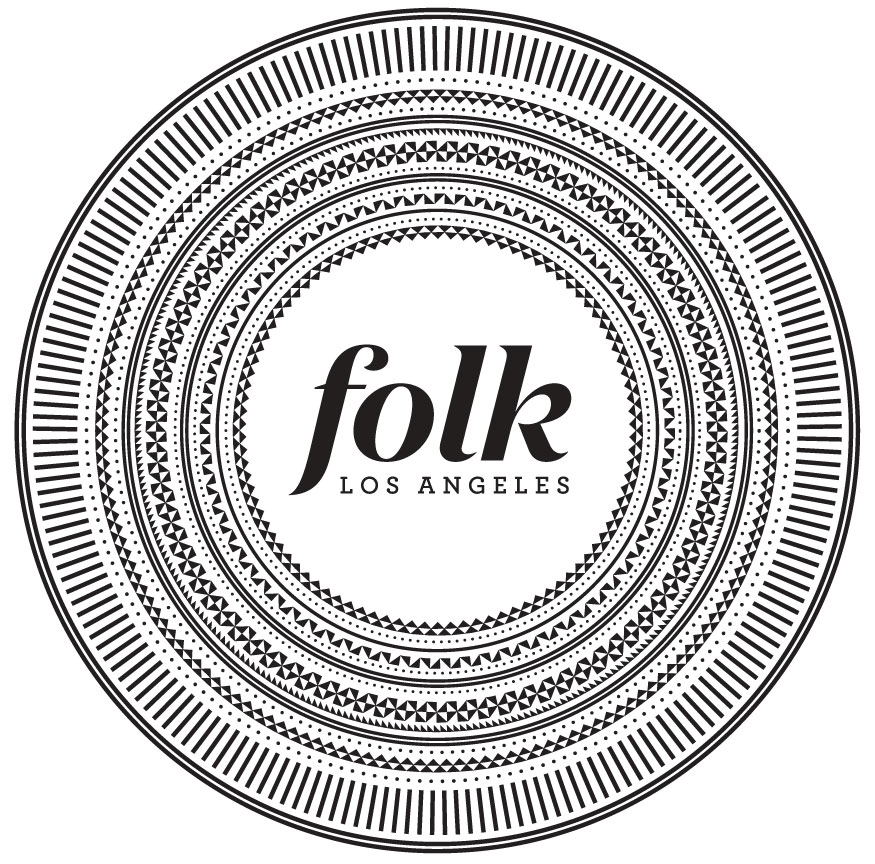How to Create in the City and 5 Books That Helped Me Get there.
I’ve lived in Los Angeles for 9 years but I still remember so vividly the wide open spaces of a small town. Room to think and wonder and create. Life in an urban, big city is not as conducive to this creative flow. There are most definitely people that thrive in the big city, but if you grew up in a smaller town and are adjusting to the city life, it can be aggressive! Apartment living with sounds coming from every direction you share a wall with a neighbor. Sirens sounding off every few hours. And sometimes the most painful distractions of creativity are rejection and disappointment. If you’ve moved to a bigger city to pursue a creative career, especially LA or NYC, the rejection and disappointment almost assuredly comes with the job description.
I recently watched a video from former Miss USA 2016, Deshuana Barber, talking about not giving up after hearing all of the no’s. Her speech included the welcoming of ‘no’ in her life, because with every ‘no’, a greater fire was lit inside of her to keep on digging deep and trying harder. For every 20 no’s, we’ll get 1 yes. The problem is, we give up at no #19. Deshuana recounted the story of her pageant history, losing 7 times and on the brink of quitting. She called her mentor to declare the finality of her retirement from pageantry when her mentor encouraged to not give up and keep on trying. Just a few months later, she lost her mentor to leukemia, but won her 8th and final pageant.
After my own creative losses, I found myself in the same position as Deshuana after her 7th pageant. Disillusioned and ready to throw in the towel for good, finding the courage to get back up again seemed near impossible. As a young creative in a small town, facing little to no adversity when it came to my creative talents, I had no grid for what was happening. How to get out of what I later learned was a “blocked” state. It was through a serendipitous turn of events that I was slowly introduced to creative recovery and the long and hard work it takes to be a creative.
Here are the five books that have guided me in this process. Take note that they are all geared around writing but they very clearly apply to all forms of creativity. Dancing, acting, sculpting, making music, etc.
The Artist Way - Julia Cameron
This was the first book in my creative recovery journey. It’s a workbook that you go through weekly for 12 weeks and explains how to ‘unblock’ as an artist. It guides through weekly tasks and assignments to recover from the block and activate yourself creatively again. A lot of Julia’s method encourages getting up everyday and showing up to do the work, with or without inspiration.
I highly recommend reading this while going through The Artist Way. Elizabeth Gilbert wrote the memior book, Eat Pray Love, that was later adapted into a film, starring Julia Roberts. She explains her journey into a creative career and helps guide you out of fear into creative living. It’s practical and inspiring at every turn of the page.
The Writing Life - Annie Dillard
This book is a smaller, fantastically confusing book on writing. Annie weaves in and out of her personal experiences writing and the people she’s encountered along the way. One single page may have three different stories on it, but somehow it all makes sense and it outlines the very tumultuous and demanding life as a writer.
An encouraging and practical book around writing, a little less confusing of a plot line than The Writing Life. Lamott gives us an accurate depiction of a writer’s life as well, including the deglamorization of it. She likens the process of writing to an experience her sibling had a young age around a report on birds. Feeling overwhelmed from waiting until the last minute to start the project, her father encouraged her brother to just take it one bird at a time. Start and finish the project, bird by bird. Sentence by sentence, lyric by lyric, note by note. Just start doing.
An autobiography of sorts, King documents his life, weaving in and out of the timing around his popular books, in addition to breaking down some practicals of writing. He notes how for awhile, he moved his desk into the center of a room in his house, thinking this would enable him to get into a writing flow better. After the room slowly turned into a family rec room, King establishes the fact that you cannot mold your life around writing. Writing must mold around your life.
Each on of these books, written by accomplished creatives, had the same theme: Show up and work hard everyday. After reading this collection of books, I’ve learned that the more you mature in your craft, the more it is just not about moments of inspiration. These lightning bolt moments may happen, but it takes a seasoned artist to show everyday, working hard, with or without the inspiration. Art is hard work but always the most rewarding.

